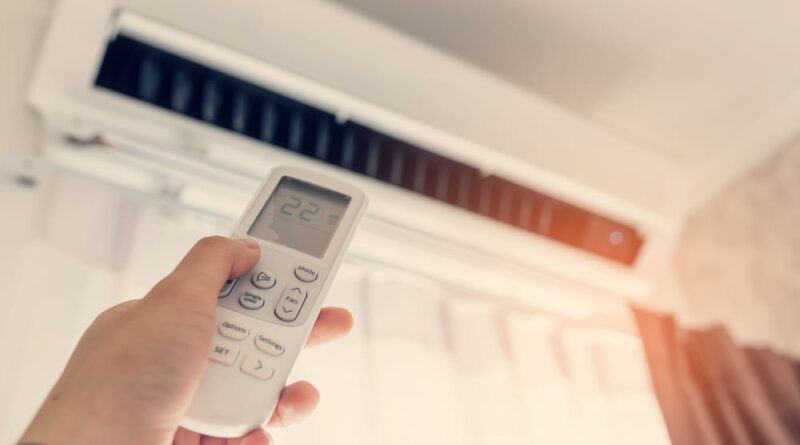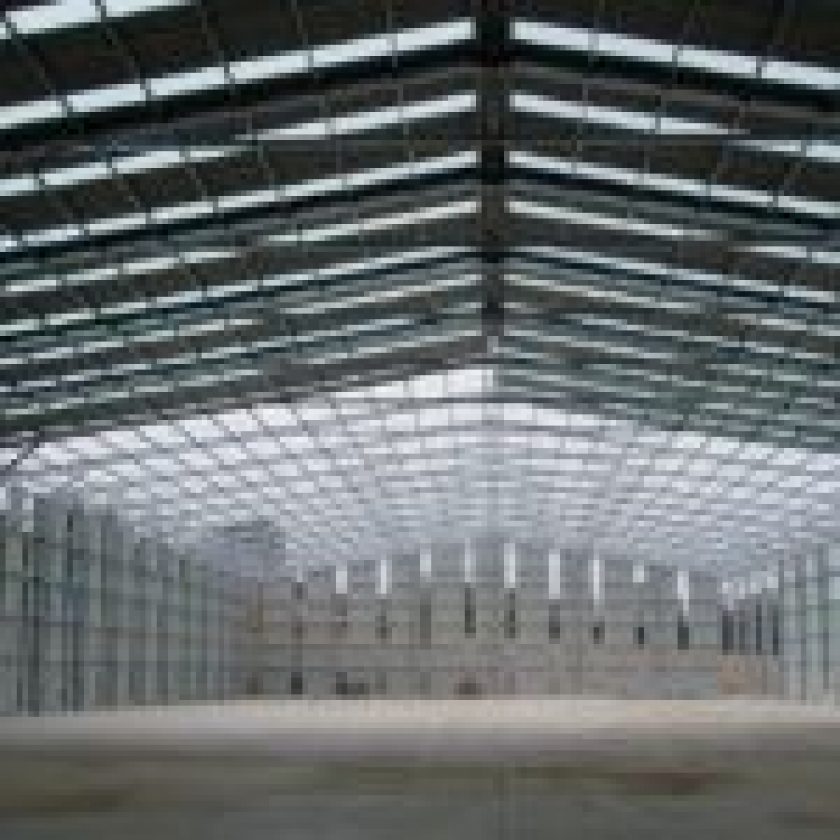Summers and humid climates can be really annoying. It becomes unbearable and uncomfortable during the summers because of excessive heat in the environment. Even opening the windows won’t help much as it just makes the house warmer.
Air conditioning is used to cool down the temperature in an inside space by removing excessive heat and moisture from the room. It’s not just replacing the hot air with cold air; a lot of science goes with it. In the air conditioning process, a fluid; usually water is cooled by evaporating it with another fluid called refrigerant. The air conditioner quickly turns the gas into liquid and back to gas using chemicals that help in removing warm air from an inside space and thus making the room cooler. It dehumidifies the room and increases the quality of air in indoor space.
Types of Air Conditioning Systems
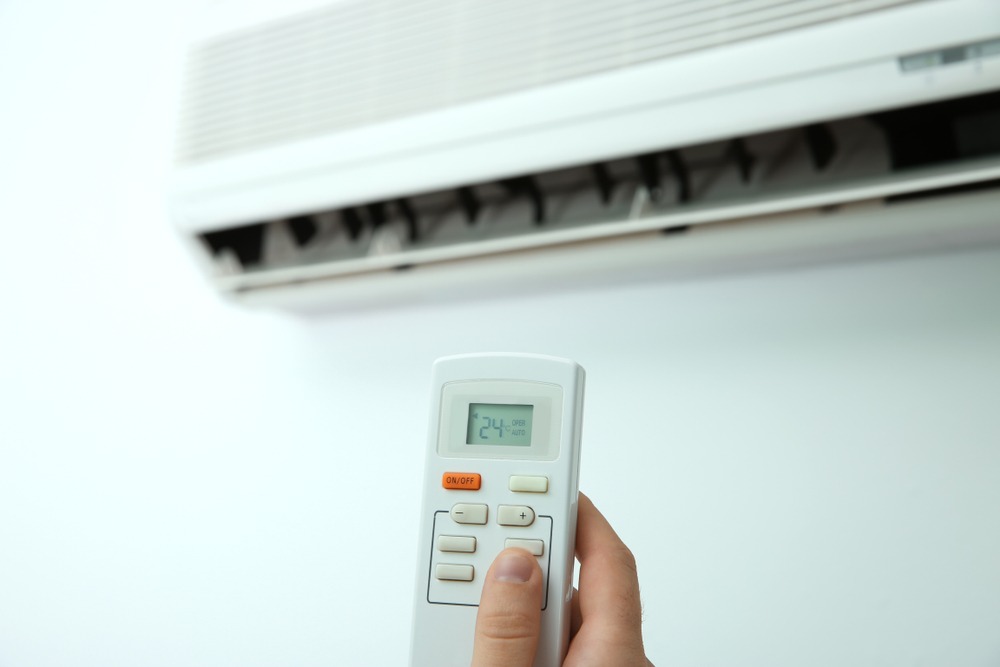
source: pinterest.com
Air conditioning systems can be manual as well as automatic. Manual air conditioners need to be turned on and off according to your need if one feels colder then they can increase the temperature and vice-versa. Automatic air conditioners on the other hand are connected with a thermostat which is a smart device that sets the temperature according to the needs and temperature outside the house. It maintains the temperature inside once the user sets their preferences. It can turn itself on and off according to the timer too.
The air conditioner consists of two parts, a compressor which is placed outside the house which has a condenser, and an expansion coil. The Interior unit has a cooling coil and air filter. Both the units are connected with wires and pipes for proper circulation and working of the air conditioner.
Air conditioners can be window or wall-mounted. There are also centralized air conditioning systems that are used for offices and industrial areas. Smaller AC units are used for a single room or the whole house. Depending upon the area to e covered; the professionals suggest which air conditioner and how many tons will be preferable for one’s use.
Benefits of air conditioning:
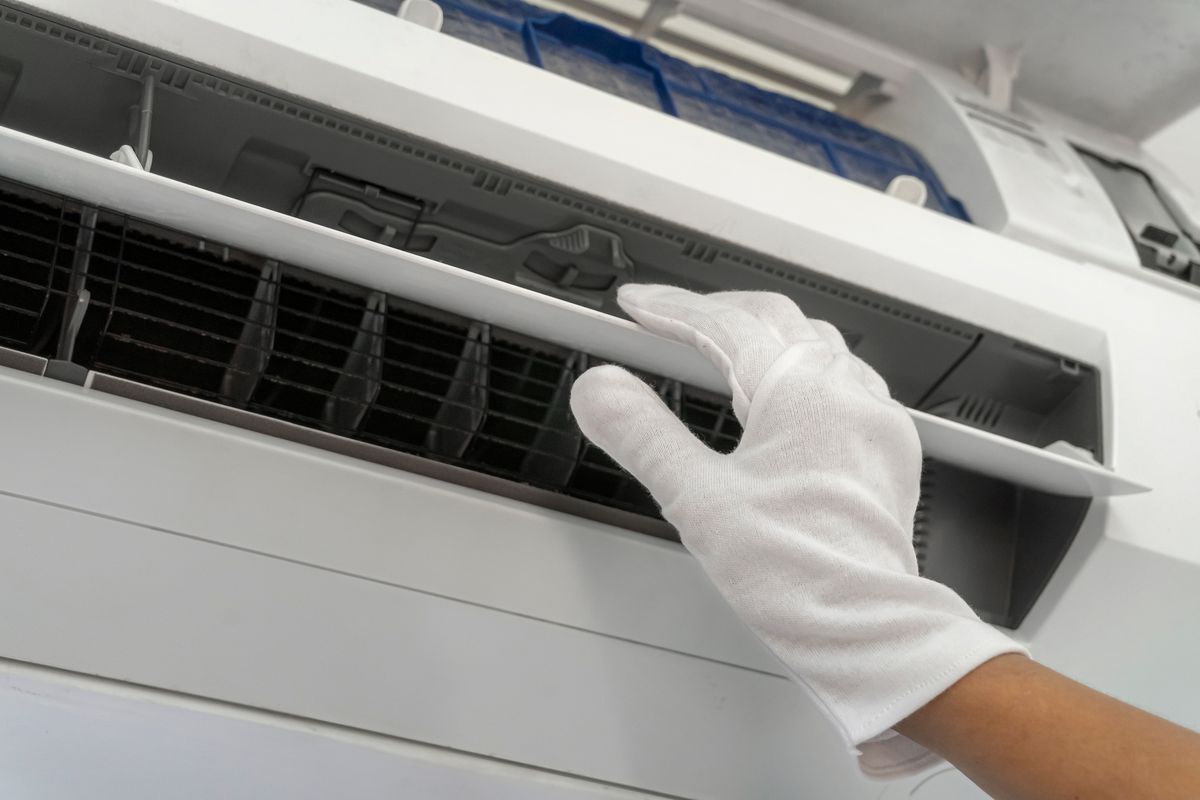
source: pinterest.com
1) Improves work performance: Warm climate makes it uncomfortable to work as it causes constant sweat and uneasiness. Air conditioners can improve the comfort level and employees tend to work more effectively.
2) Prevents overheating of electronics: While we can tell when our body is getting too hot but the devices can’t and overheating can cause serious damage to any electronic device, be it your smartphone, laptop, tablets, and other appliances as well. Overheating reduces the lifespan and is a threat if ignored.
3) Avoids dehydration: Colder temperature means less sweating. A lot of people don’t realize while sweating we actually lose a large percentage of water which will lead to dehydration. Consumption of water in a moderate amount in an air-conditioned space will reduce the risk of dehydration.
4) Better sleep: People usually tend to sleep well in colder conditions. Nobody wants to sleep in sweaty conditions; no one would actually get a good sleep in a warm and humid environment. Air conditioners make people comfortable and if it’s too cold one can even grab a blanket which even makes them cozier which tends to better quality sleep.
5) Less noise: Windows and doors are closed when the air conditioners are on, this is to keep the room cooler for a longer time or else the cold air will escape. Closed doors and windows make the room quieter and help one to focus more on the things they are working on.
Final words:
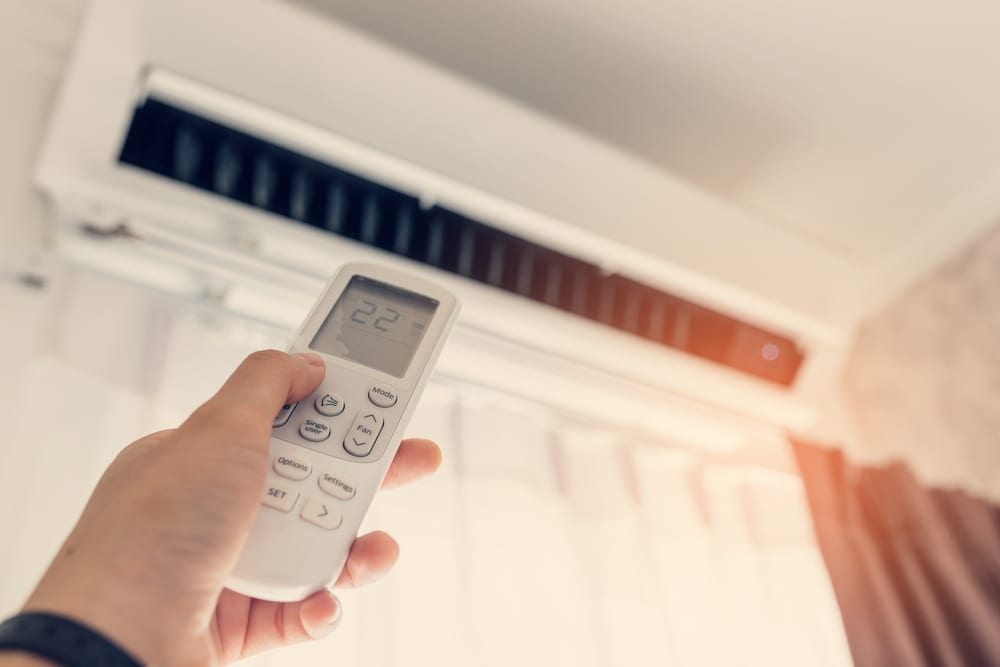
source: simpsonsheetmetal.com
Air conditioning has become a necessity with rising temperatures every year due to pollution and global warming. It filters the air and keeps the area cooler. It has become a lifestyle choice. Reduced risk of heat strokes, asthma attacks, insects, and parasites are a few other benefits of an air conditioner to list a few. However, it’s crucial to ensure that all components of the AC are functioning correctly, including the air conditioner capacitor, as it plays a crucial role in regulating the voltage that powers the unit.

